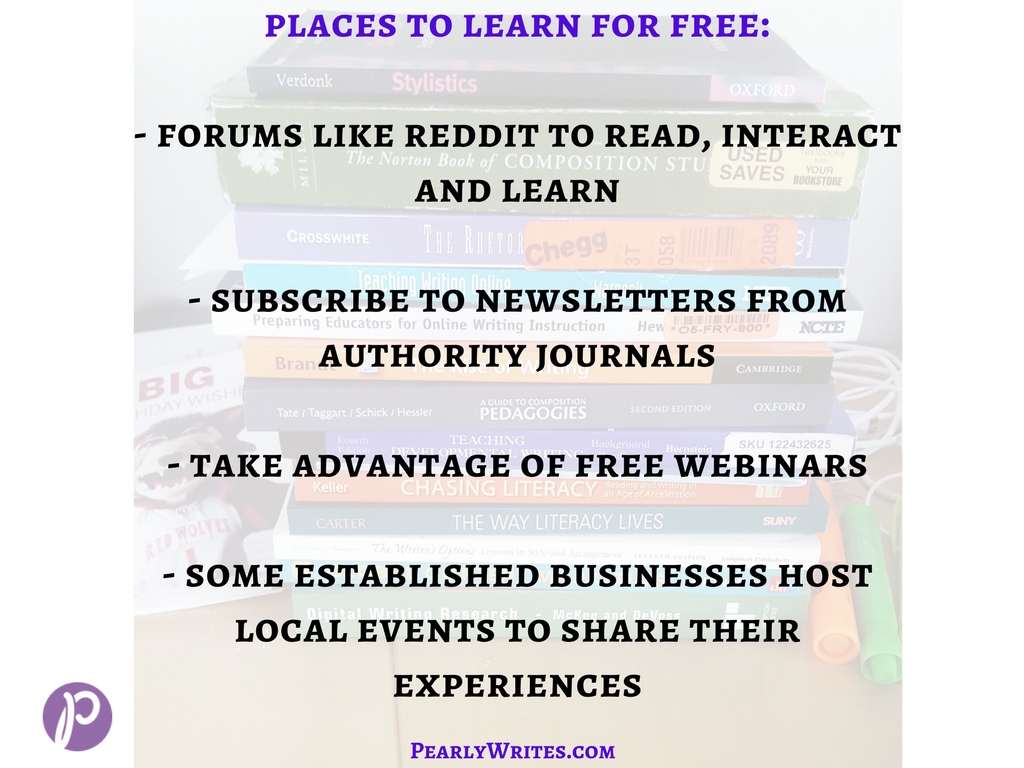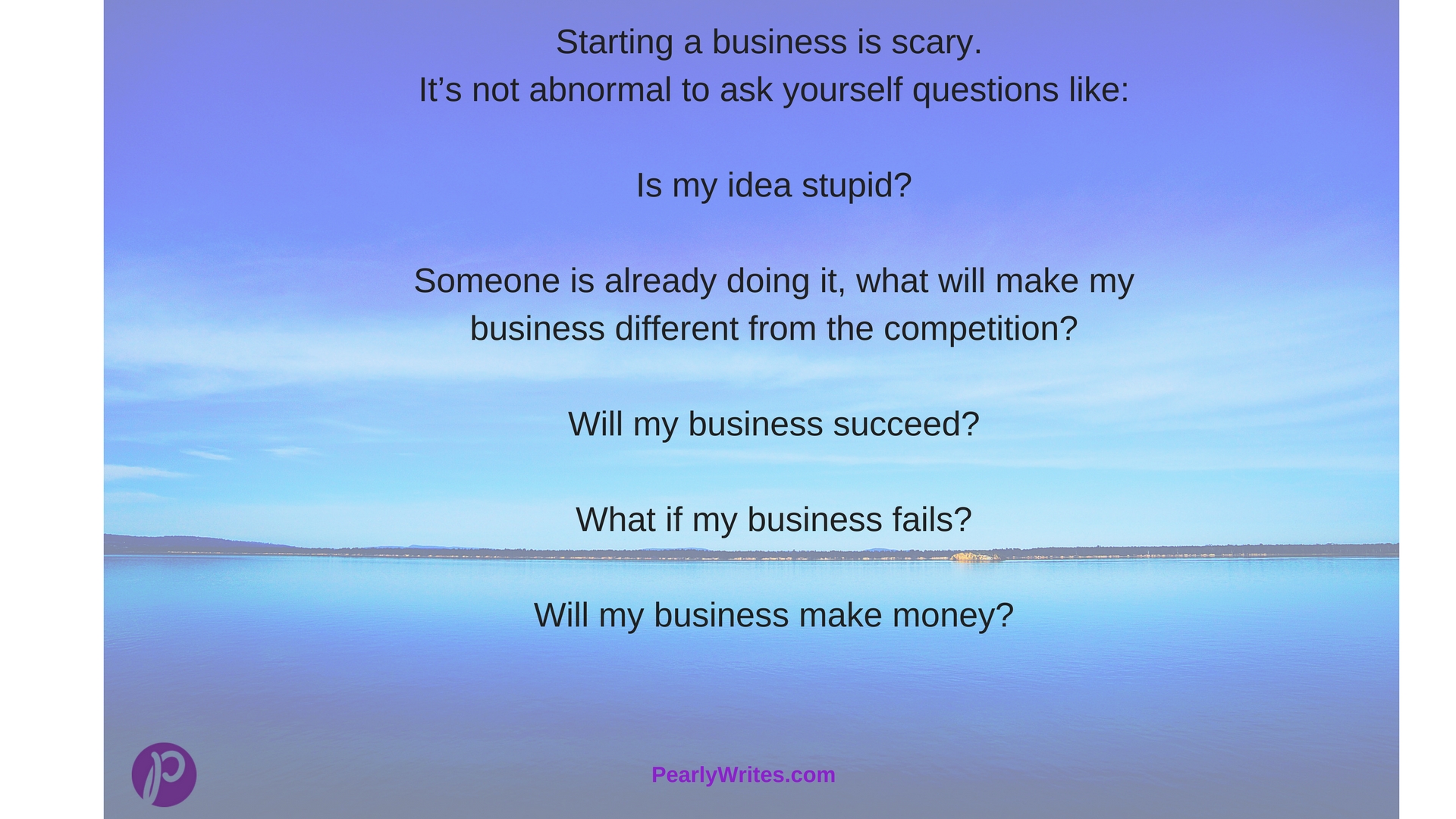Being in the SEO industry for 20 years as a consultant and a director — most recently, the Director of SEO, Content and Social Media for Vitacost.com – I see the same problem at every company I work at: a severe lack of communication between departments.
When educating an organization on integrated marketing and the importance of SEO in every decision, these are the management tactics I’ve found to be the most useful in pushing that message across.
But first: do your homework!
Observe what is and isn’t working within your organization
We have all heard about the “silos” which occur within organizations, or lack of communication between departments. Often this doesn’t happen consciously – it’s simply a product of monotonous everyday tasks.
As an outsider looking in, or as a newbie to a company, I like to observe and learn the current processes and procedures of how teams work together for the first few weeks. There is a lot of listening, taking notes, and reviewing similar complaints from various stakeholders within departments.
Ask yourself: are all departments communicating the right things?
What I typically find is that everyone wants the organization to succeed and everyone is passionate about his or her contribution to the company; no doubt, that’s a great environment to be a part of.
But when it comes to communication between departments, complaints are often similar. The departments are communicating, just not about the right things. They aren’t talking about what is necessary to move forward and reach goals.
4 Tactics That Have Been Phenomenally Successful For Breaking Down Silos
1. Set up bi-weekly meetings to make sure everyone knows what’s happening.
At Vitacost.com, I first observed a disconnect between merchandising, onsite promotions, the blog content team, and the social media team. Through discussion, we discovered that no one knew about the hefty amount of social media promotion is done or the contests being executed. These contests occur weekly and monthly with specific vendors, and the social media and content teams were the only ones aware of it.
We started a bi-weekly meeting as well as check-in emails to make sure all parties were aware of the scheduled social promotions. After that discussion, everyone was open to communicating and working together that within a week — communication vastly improved. It was quite amazing to see the change happen so quickly.
2. Incorporate other departments’ needs into your editorial calendar.
The same occurred between the content team and the merchandising department. As we all know, content can make a huge impact on users wanting to stay on the site, especially if promoted to gain more engagement. Within a week after sharing my observation and suggestion of incorporating merchandising needs with the editorial calendar, both departments’ initiatives were fully integrated.
Team building occurred across the organization and I received many comments about improved communication. Now, these departments actually enjoy working together.
3. Inform with educational materials and “Lunch & Learns.”
For those who have ever heard me speak, you’ll notice I have a distinct accent (unless you’re from the Northeast!). I’ve learned from my years of teaching that getting people to listen and understand the importance of the words being spoken takes patience.
Building an environment that understands why SEO should be part of the overall discussions takes time. After all, SEO touches many pillars.
The first step in this process is to educate. I always get a few copies of Vanessa Fox’s book “Marketing in the Age of Google” and pass it out for the organization to read. Then, I hold training sessions and Q&As; we call these “Lunch and Learns.”
4. Create an SEO best practice guide.
We typically create guidelines for SEO best practices within the first 3 months. That way, the teams are all following the same approach. These guidelines have helped tremendously. During training, team building occurs across different departments without force.
Pave the way for the next generation of SEOs
In the past, I have mentored many digital marketing novices into becoming full-fledged SEOs. Not all have become solely focused on SEO, but they possess the knowledge within their domain to be a voice and an expert in SEO. Whether they are leading social media, web development, content strategy, or paid search campaigns, they are able to use SEO as their platform for success.
As a director, my approach and goal are to pass on expert knowledge to my teams so they can take it in, expand their careers, and keep progressing in the industry. The first generation of SEOs have paved the way — I can’t wait to see what the next generation has in store next for us.














